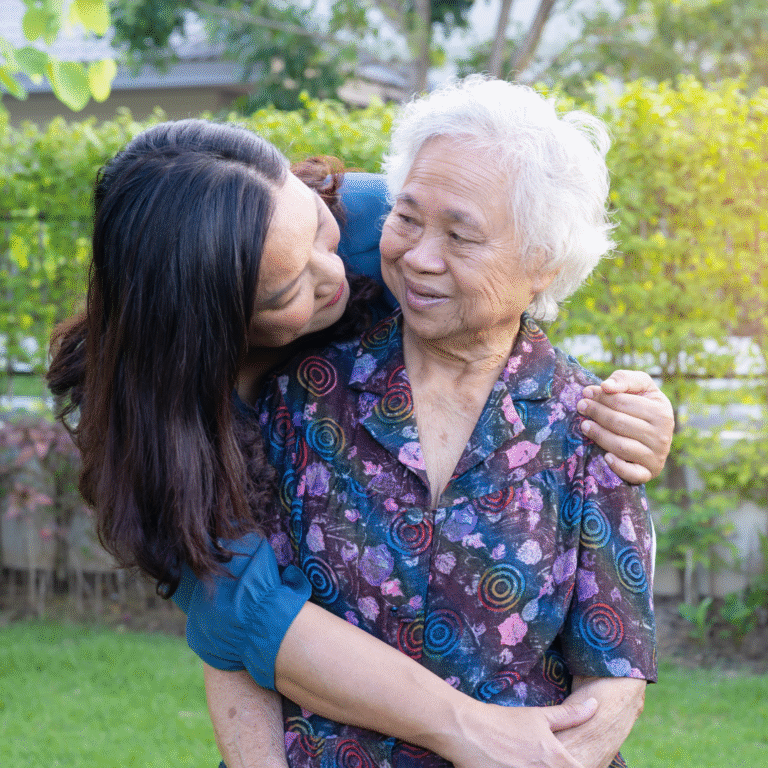Hourly Care
Hourly care is a vital service designed to provide flexible support for individuals who need assistance with daily activities but do not require full-time care. This type of care is particularly beneficial for seniors, individuals recovering from surgery, or those with chronic illnesses who may need help at specific times throughout the day.
Understanding Hourly Care Services
Hourly care encompasses a wide range of services tailored to meet the unique needs of each client. Caregivers assist with personal hygiene tasks, such as bathing and grooming, meal preparation, medication reminders, and light housekeeping. The flexibility of hourly care allows clients to receive help during designated times, ensuring they can maintain their independence while receiving the necessary support.
Hourly caregivers are trained to provide assistance that enhances the quality of life for their clients. This may include:
- Personal Care: Helping clients with bathing, dressing, grooming, and toileting to ensure they feel comfortable and clean.
- Meal Preparation: Planning and preparing nutritious meals that cater to dietary restrictions or preferences.
- Medication Management: Reminding clients to take their medications on time and ensuring they follow their prescribed routines.
- Light Housekeeping: Assisting with tasks such as laundry, vacuuming, and dusting to keep the living space tidy and safe.
- Companionship: Providing emotional support and companionship, which can significantly improve the mental well-being of clients.
Benefits of Hourly Care
One of the most significant advantages of hourly care is its adaptability. Clients and their families can schedule caregivers for specific hours, whether it’s a few hours a day or several times a week. This flexibility can help alleviate the burden on family caregivers, allowing them to attend to their own needs while knowing their loved ones are in capable hands.
Hourly care can also be a great option for those who may not require constant assistance but benefit from companionship and social interaction. Caregivers can engage clients in meaningful conversations, accompany them on outings, or simply provide a friendly presence, which can greatly enhance their emotional well-being.
Moreover, hourly care is often more affordable than full-time care, making it an attractive option for families looking to manage costs while still providing quality support for their loved ones. Families can choose the number of hours that best fits their budget and needs, allowing for a more personalized care experience.
Choosing Hourly Care
When considering hourly care, it’s essential to assess the specific needs of the individual requiring assistance. Families should discuss the types of support needed and determine a schedule that works best for everyone involved. We prioritize personalized care, ensuring that each client receives the right services tailored to their unique situation.
It’s also important to choose a reputable agency that thoroughly screens and trains its caregivers. The quality of care provided can vary significantly, so families should look for agencies that prioritize caregiver qualifications, ongoing training, and client satisfaction.
Building Relationships
A key component of hourly care is the relationship between the caregiver and the client. Strong, trusting relationships can lead to better outcomes, as clients are more likely to engage in their care when they feel comfortable with their caregivers. We emphasize the importance of matching clients with caregivers who share similar interests and values, fostering a sense of connection and understanding.
Conclusion
In conclusion, hourly care is a flexible, effective solution for those who need assistance without the commitment of full-time care. By choosing hourly care, clients can maintain their independence while receiving the support they need to thrive. Whether it’s for a few hours a day or several times a week, hourly care can significantly enhance the quality of life for individuals and provide peace of mind for their families.




